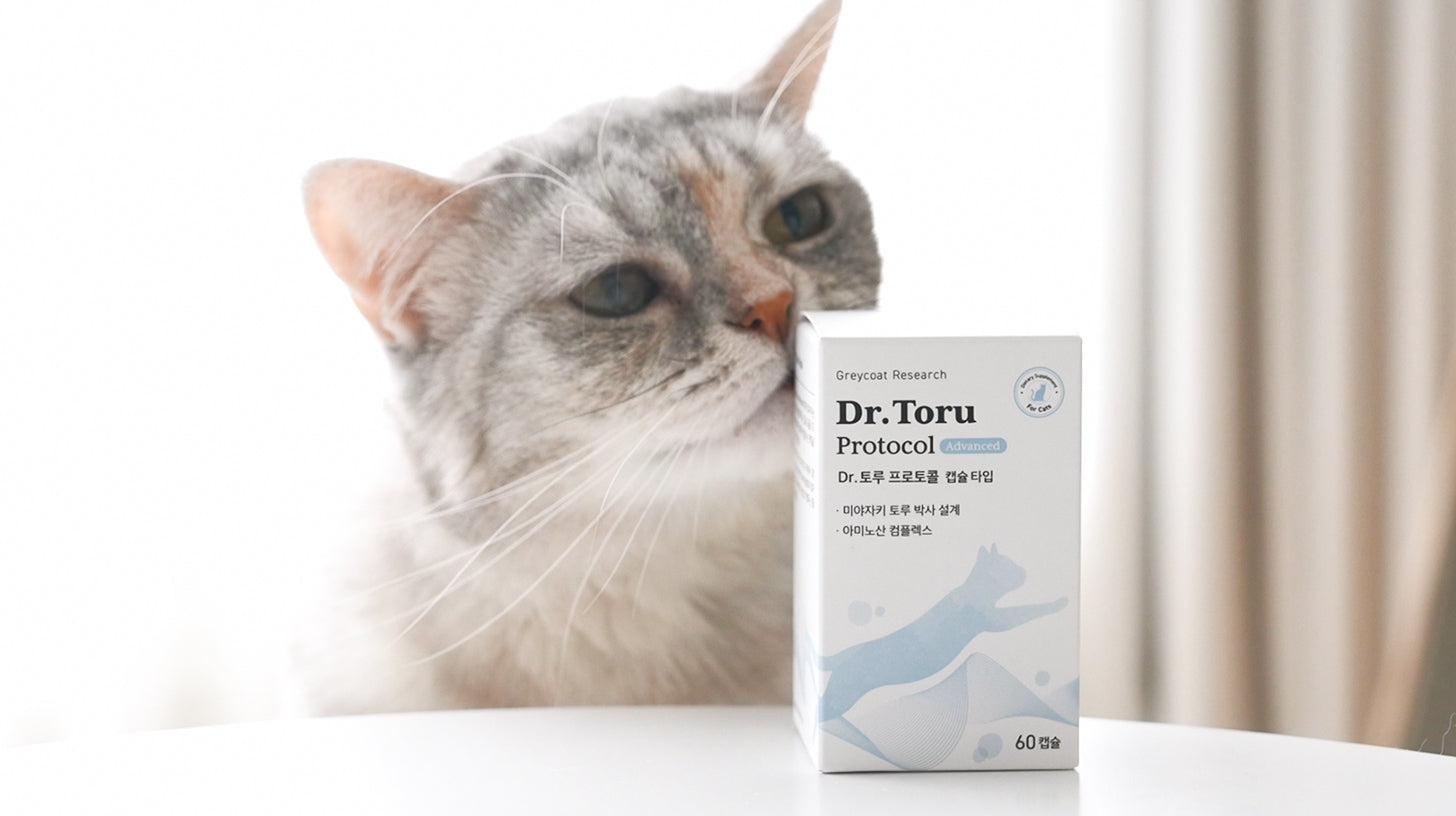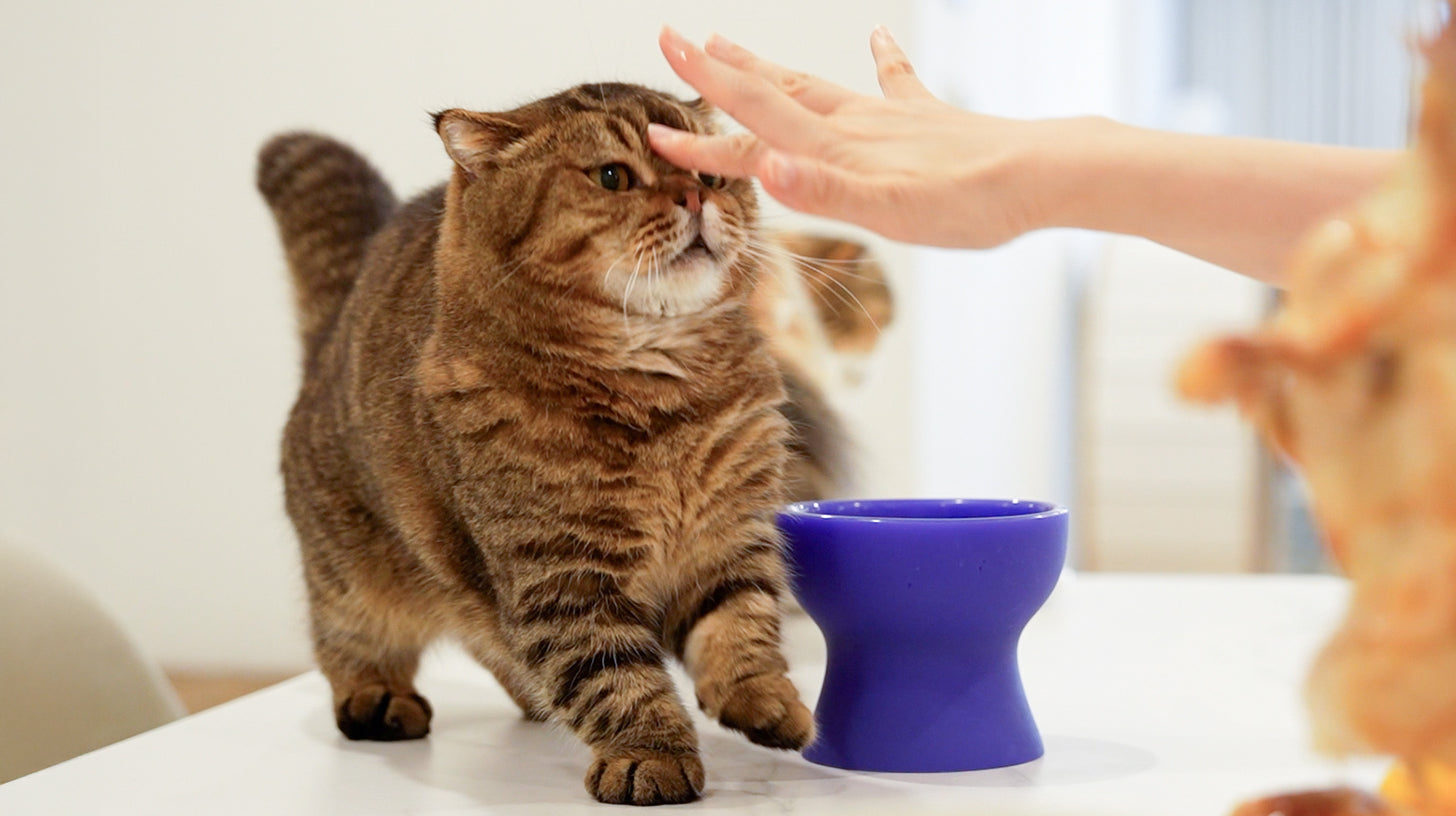AIM-Based Stage 1 Kidney Care
"In just 3 months, Stage 1 can become Stage 3."
This is not just early detection—it’s a critical turning point.
While Stage 1 may appear harmless, IRIS guidelines show kidney function is already 33–66% impaired.
Even if your vet says, “It’s still okay,” our analysis of over 10,000 CKD cases reveals a harder truth:
Inaction at this stage often leads to rapid progression.
Stage 1 is no longer just about prevention—
it’s the moment to begin structured, proactive care to slow kidney decline before it accelerates.
Supplements - The Foundation of AIM-Based Kidney Care
A CKD diagnosis means kidney damage has already begun.
Stage 1 is the window where early action can slow progression, before symptoms appear.
✔ Introducing the Dr. Toru Protocol
A kidney-cleansing supplement based on the AIM (Apoptosis Inhibitor of Macrophage) system
- Supports the AIM protein's natural waste-clearing function
- Developed by Dr. Toru Miyazaki, founder of the Institute for AIM Medicine
- AIM protein dysfunction has been confirmed by multiple peer-reviewed studies as a key factor in feline CKD progression
- Actively used in animal hospitals across Korea and Japan as part of early-stage kidney care
-
Beispiel für Produkttitel
Normaler Preis US$19.99Normaler PreisStückpreis pro -
Beispiel für Produkttitel
Normaler Preis US$19.99Normaler PreisStückpreis pro
※ Even if your cat’s bloodwork still appears normal, if CKD is suspected or diagnosed, we strongly recommend starting supplements from Stage 1.
Diet Management – It’s Not Yet Time for Prescription Renal Food
Stage 1 CKD doesn't mean rushing into protein-restricted renal diets.
At this stage, your cat needs kidney-friendly nutrition without sacrificing strength or cellular balance.
✔ Why not renal food yet?
- Prescription renal diets often restrict protein too much
- and can raise blood pH—increasing the risk of metabolic alkalosis.
✔ What to feed instead:
- Senior-specific diets with moderate protein and low phosphorus (P)
- Choose established brands like Royal Canin and Hill’s—vet-trusted for a reason
✔ How to feed:
- Transition from free-feeding to timed meals: 3x/day, 8+ hours apart
- Regular fasting activates AMPK, enhancing cellular survival and kidney resilience
Hydration – Stage 1 Cats Need Attention, Too
Even if your Stage 1 cat shows no outward signs of dehydration,
tissue-level hydration may already be declining.
Instead of forced hydration, focus on creating an environment that encourages voluntary drinking.
✔ Key hydration strategies:
- Place 2–3 water bowls throughout your home
- Replace water and clean bowls at least once a day
- Mix warm water with wet food:
- 1:1 ratio → 50g(1.76 oz) wet food + 50ml(1.69 fl oz) water
- 1:2 ratio → 50g(1.76 oz) wet food + 100ml(3.38 fl oz) water
- Start with a small amount and gradually increase based on your cat's response
Stage 1 cats need about 40–50ml (1.4–1.7 fl oz) of water per kg (2.2 lb) of body weight daily.
It’s important to reach this target through a combination of diluted meals, voluntary drinking, and hydrating treats.
Health Monitoring – Stage 1 Still Requires Vigilance
Even in Stage 1, your cat is not out of danger.
Make sure to regularly monitor the following:
✔ Track changes in appetite and energy
- Repeated loss of appetite or lethargy may signal progression to Stage 2
- These can also indicate the onset of Acute Kidney Injury (AKI)
- AKI can occur on top of CKD, even in early stages
✔ Visit your vet every 6–12 months
- Blood tests: Check creatinine, BUN, and phosphorus (P) levels
- If possible, ask for an ultrasound to detect kidney stones or structural issues
The Power of Proactive Action in Stage 1
Stage 1 is no longer about "prevention"—it's the time to slow down progression through active management.
Even if your cat appears healthy, significant kidney damage may have already occurred.
What you do now can shape your cat's health 3 months, 6 months, or even years into the future.
You still have a window of opportunity, but if it's missed, the road ahead will only get harder.
Start your cat's care routine today.
In some cases, Stage 1 cats may already have other complications.
Their care routine may need adjustments. Please contact us for personalized consultation.
Effective CKD Management: Supplements and Beyond
-
Beispiel für Produkttitel
Normaler Preis US$19.99Normaler PreisStückpreis pro -
Beispiel für Produkttitel
Normaler Preis US$19.99Normaler PreisStückpreis pro -
Beispiel für Produkttitel
Normaler Preis US$19.99Normaler PreisStückpreis pro








